Every January, Las Vegas transforms into a playground for the LGBTQ+ sports community. The Sin City Classic, now a cornerstone for queer athletes and fans, brings together thousands of participants from across the U.S. and beyond. At the heart of the festival’s magic is Jason Peplinski, co-executive director, whose vision and dedication keep the event running smoothly while fostering a sense of belonging that transcends sports.
“I just think, given the political climate, anything that provides unity and togetherness is a positive,” Peplinski said during a recent interview with us. “Our festival allows people to step away from their day-to-day challenges, relax, and be themselves.”
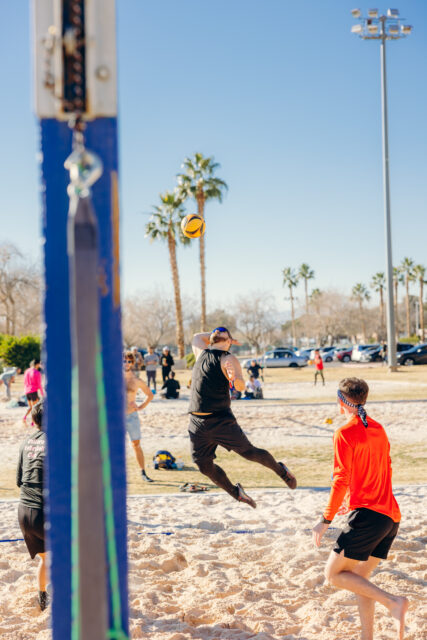
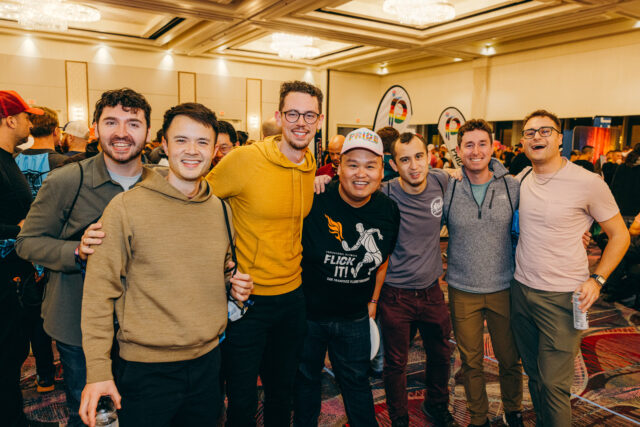
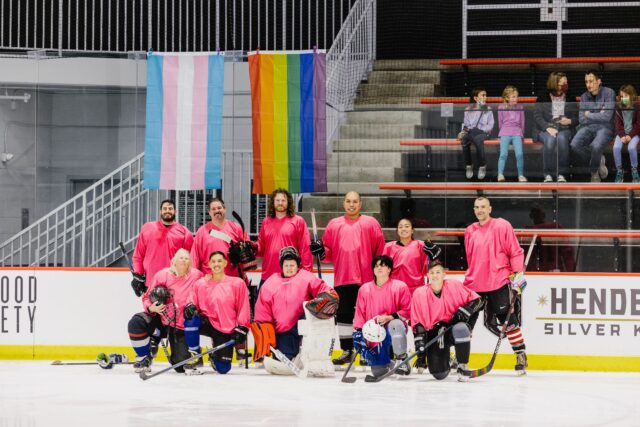
A Safe Space for All
Peplinski emphasized that Sin City Classic isn’t just about competition, it’s about creating a safe, celebratory environment. Participants hail from big cities and small towns alike, with many attending from areas where queer visibility is limited. International athletes also join in, drawn by the festival’s inclusive ethos.
“People from rural areas often don’t have access to spaces like this,” Peplinski explained. “Our festival is a sanctuary, a place where everyone can unwind and feel accepted.”
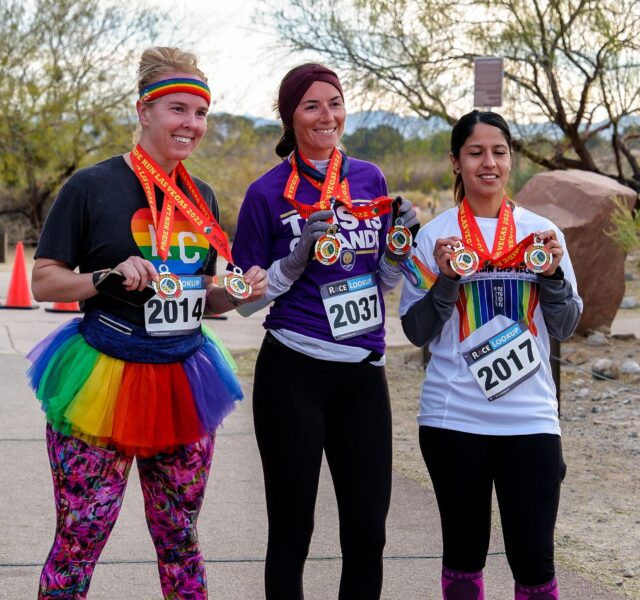
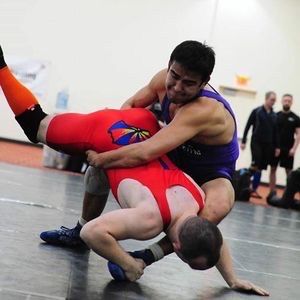
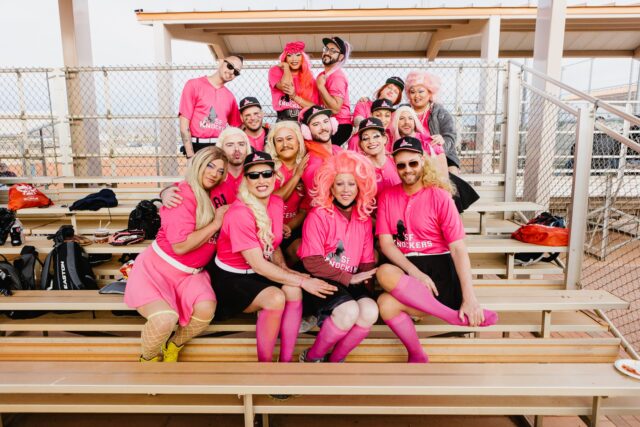
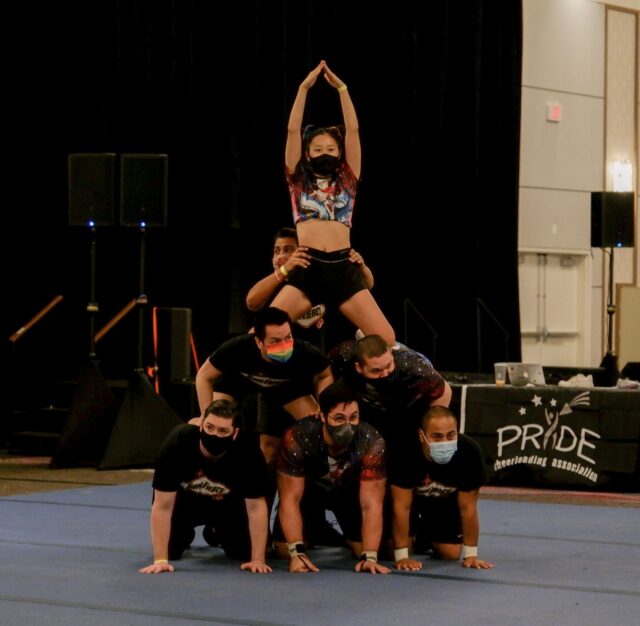
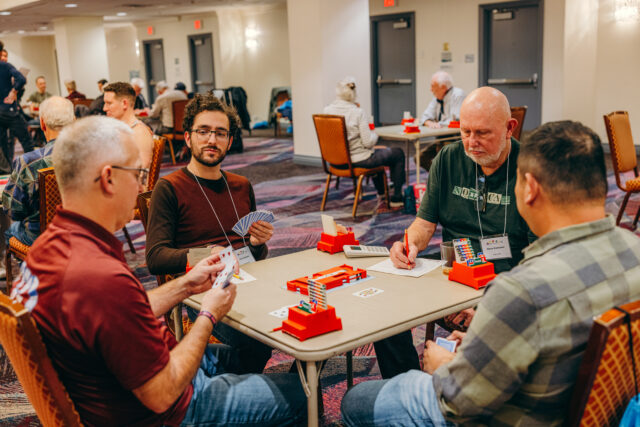
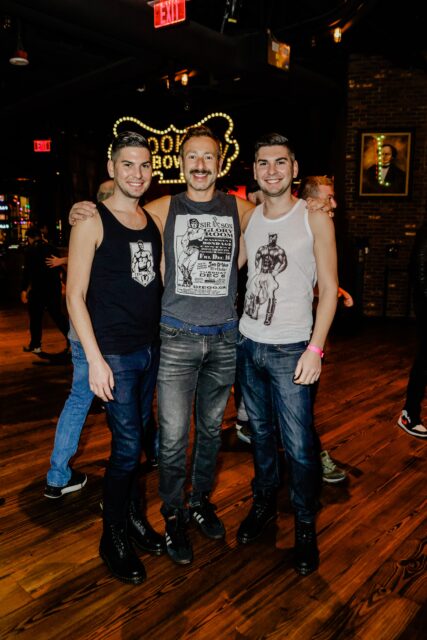
Inclusion in Action
Inclusion is central to the festival’s identity. Peplinski highlighted initiatives such as the Sapphic Soiree, a dedicated event for women’s plus groups. Athletes register based on their gender identity, and organizers ensure that events accommodate all participants.
Navigating national regulations can be tricky. Peplinski referenced USA Swimming’s recent rules affecting trans athletes. While trans male athletes may compete in men’s events, trans female participants cannot earn points or awards in sanctioned competitions. “Each sport leader has to navigate these policies,” he said. “Our overarching philosophy remains inclusive, no matter the external rules.”
Growing the Festival
Peplinski, alongside co-executive director Larry, oversees a festival that now spans Thursday through Monday, with programming expanding beyond the field. New events include drag queen bingo, a RuPaul viewing party, and Saturday comedy nights, alongside traditional competitions.
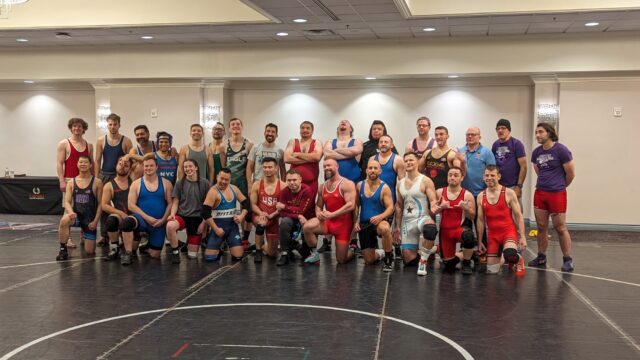
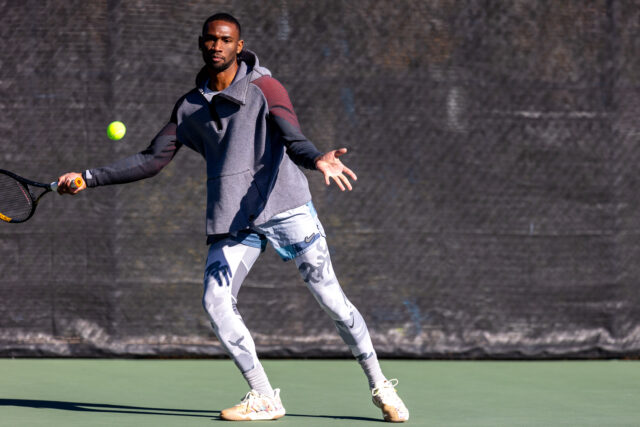
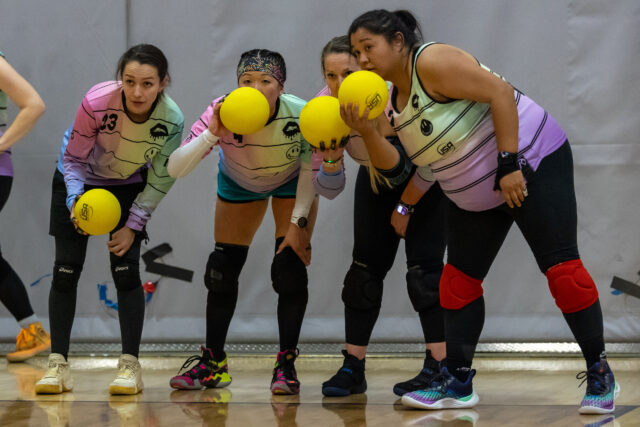
Looking ahead, the festival is poised to move to Paris and Horseshoe in 2027, opening doors to larger venues and more elaborate programming. “Our vision is to reach 30 sports and provide experiences that surprise and delight attendees,” Peplinski said.
The People Behind the Scenes
The Sin City Classic runs on a massive volunteer effort. Peplinski detailed the executive committee, which includes Lucas Mariano, Nick Barry, Larry, and Bill Meyer. Volunteers manage everything from contracts and sponsorships to events and hotel arrangements. “We’re fortunate to have returning volunteers,” he said. “Consistency allows us to deliver a seamless festival experience year after year.”
Listening to Participants
Feedback shapes programming. Some attendees noted that events were previously too focused on nightlife. In response, organizers introduced sober activities like bingo, comedy nights, and daily inclusive events. “We try to listen to our community,” Peplinski said. “Our programming evolves with their needs.”
Moments That Matter
Peplinski shared memorable festival experiences that capture the spirit of the Classic. One year, he watched from a balcony as thousands of attendees celebrated at the closing event featuring Natasha Bedingfield. “Seeing 4,000 people revel in joy, all thanks to a volunteer-driven team, is unforgettable,” he said.
Another moment involved attendees from North Dakota who didn’t play sports, they came purely to connect with the LGBTQ+ community. “They had no local queer spaces,” Peplinski recalled. “The festival offered them a place to belong for the weekend.”
Sport Roster and New Additions
Determining which sports make the roster relies on both demand and capable organizers. This year, diving and billiards return, and Quadball (formerly Quidditch) joins after a passionate group proposed it. Women’s divisions continue to expand, with basketball and softball offering separate divisions alongside coed opportunities.
Why It Matters to Peplinski
Peplinski’s passion stems from a lifelong career in education. “I see this festival as a continuum, a place where young people and adults can feel represented and supported,” he said. Despite economic challenges, sponsorship support remains strong, enabling the festival to offer access at an incredible value, a $10 wristband unlocks nearly all events.
“Even if someone doesn’t play a sport, they can enjoy the community, the events, and the affordable hotel rates,” he said. “It’s about creating space for people to thrive.”
The Legacy of Sin City Classic
From its beginnings as a small softball tournament to a sprawling, multi-sport festival, Sin City Classic has become a beacon for LGBTQ+ athletes and fans. Peplinski emphasizes that it’s the community, not the competition, that defines the event. “Our festival is a celebration, a playground, and a home,” he said. “We make it happen for the people, by the people, and that’s what makes it special.”



